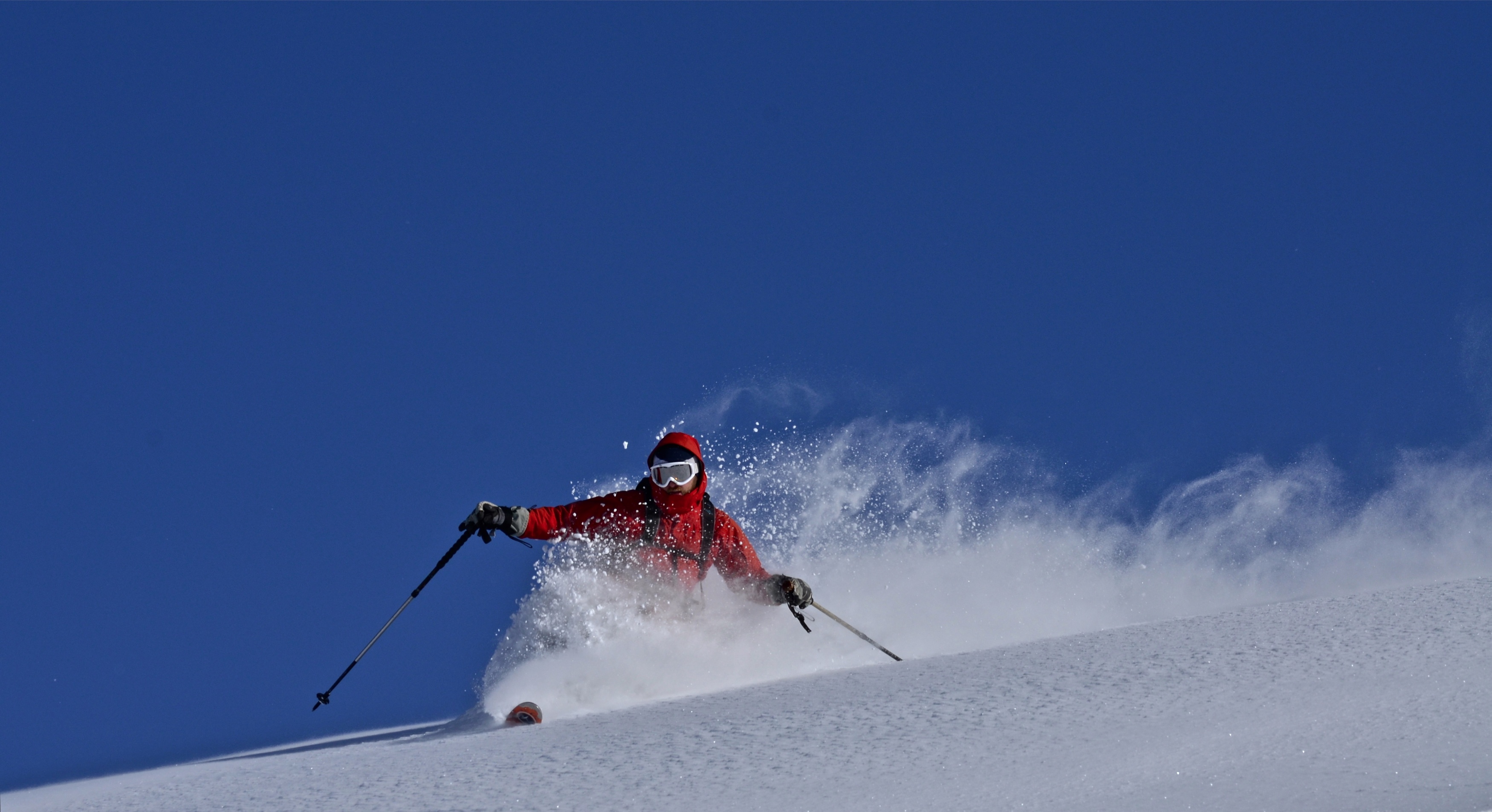
27 Jan Common Ski and Snowboard Injuries
Common Ski and Snowboard Injuries
Some people love winter sports and going away to ski or snowboard for a weekend. While both can be fun hobbies, they can also be quite dangerous if not properly prepared or experienced. If your are new the slopes, it would be a good idea to brush up on on the basic safety of skiing and/or snowboarding. There are many common injuries associated with winter sports, but none too life threatening or serious if properly treated.
Common injuries include ligament tears, fractures, and dislocation of the shoulders or knees. Knee ligament injuries are the most common injury for skiers. Major ligament injuries can happen if the user falls as the knee will jerk with the ski. Other known injuries for skiers are spinal injuries, head injuries, wrist, and thumb injuries.
Snowboarding is just as dangerous as skiing and can come with similar injuries. Upper body injuries are common for snowboarders due to the rider using their legs for balance. When they fall, they reach out with their hands, thus resulting in shoulder dislocation as well as hand and wrist injuries. Snowboarders can also be subject to ankle injuries as boarding boots are less stiff than ski boots.
After hearing about the basic injuries skiers and snowboarders can have, it is now important to know how to prevent them from happening to you or someone you care about. When looking to protect yourself, the first step is to check to see if your equipment is up to par, fits well, and works for you. When choosing bindings or boarding boots, make sure they fit properly and are not too loose/big or tight/small as they will help protect you from ankle and knee injuries. It is also recommended that beginners wear wrist guards and/or elbow and knee pads. Learning a new activity like this can take time and it’s perfectly normal to fall in the beginning, so it may be a good idea to pad up if you’re a newbie.
The most vital piece of equipment recommended for everyone to wear is a helmet! This is extremely important as it protects your skull and brain. A bad fall could result in a serious injury if your head isn’t covered up and well padded. Wearing protective gear will keep you alive as it’s been associated with a decrease of 43% head, neck, and face injuries.
If you’ve got your pads on and have checked your bindings, you may think you are ready to go hit the slopes. Not so fast! Always be sure to check the conditions on the mountains and visually inspect where you are about to go. Look for signs in order to determine where it is safe to go and do not venture into closed off trails. Whether skiing or snowboarding, misinterpreting the weather is a common cause for accidents and can lead to injury and even death. Missing a chunk of ice on the slopes or hitting an unexpected drop you didn’t see in the beginning could lead to serious injury. Always look before you leap! It is also recommended to adjust to the altitude for a while before performing. You don’t want to risk passing out while skiing and end up crashing into a tree.
Hydration is also key when you’re out on the slopes. It might not seem like it’s all that important as you’re not in the humid heat, but you need to keep hydrated in winter weather as well. Periodic breaks are also highly recommended and it is advised to not go for hours on end just because you see your friends are doing it. Beginners need to rest and not go too hard as you want to avoid overexerting yourself.
Learning a new sport can be fun, but it is important to take it slow and continue to learn about safety precautions you could be taking to prevent injury. Do not rush to rise above your current level of skill, and remember, practice makes perfect!
At Lake Country Physical Therapy & Sportscare, our physical therapists know what it is like to hit the slopes. Zoe Fackelman, PT is an avid skier and Robert Christakos, PT, DPT is an avid snowboarder. Our physical therapists can provide you with the information and training you need to get your body in peak condition this season.
Lake Country Physical Therapy & Sportscare PC offers the very best physical therapy in Ontario County. We treat all your wants and needs with our trusted and experienced Physical Therapists and staff. To begin to feel pain and stress free, start your Physical Therapy journey today and schedule your evaluation by calling (585) 396-1400.


